Capital Gains Taxed as Income
When Are Capital Gains Taxed as Income?
This probably won’t come as a surprise, but just like the government wants a portion of your income, they also want a cut whenever you profit from an investment.
Once you sell any capital asset (such as stocks/bonds, jewelry, or your home) for more than you paid, it’ll likely be treated as taxable income. Exclusions include business inventory and depreciable business property, and you may be able to exclude some or all gains from the sale of a primary residence, if certain conditions apply.
Now, capital gains income isn’t taxed exactly like ordinary income; instead of being based solely on tax bracket, capital gains tax is first determined based on how long you held the asset before selling it at a higher price.
Short-term gains indicate the asset was held for less than a year, and depending on your tax bracket, the rates range from 10% to 37%.
If you held the asset for more than a year, you’re in luck – long-term capital gain tax rates are typically lower than the short-term variety, with rates of 0%, 15% or 20% being determined by your tax bracket.
Note: You cannot be taxed for capital gains until you actually realize the ROI on the investment, ie. after the asset has been sold.
Learn more about taxes and how you can reduce your tax bill by downloading 5 Tax Mistakes That Cost You Thousands.



